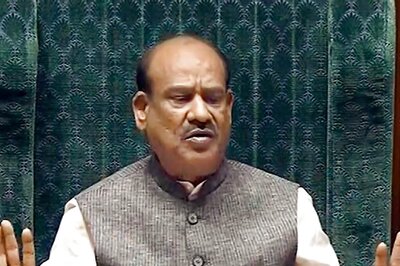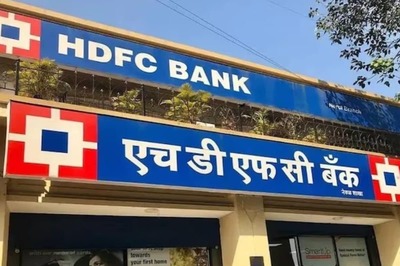
views
The decision of the Orissa High Court quashing the new guidelines prepared by the Central Counselling Board (CCB) for admissions to National Institute of Technology (NIT)-Rourkela is now growing into a national issue, with a number of candidates expressing apprehensions over expected delay in completing the admission process to the NITs.
Private institutions have also raised many questions about the recent development, arguing that they might be the most affected given the rule of the CCB on getting done with admissions to NITs first and then coming to the private colleges.
On Wednesday, the High Court found that clause 3.3.1 of the CCB information brochure, which dealt with allotment policy for home state quota, other states quota and all India quota as bad in law. The guideline, claimed to have been formulated to give a national character to the NITs, is feared to have disqualified a large number of students from taking admission in NITs located in their home states.
While this particular petition dealt with only the admissions to the NIT-Rourkela, that the order struck down a clause of the CCB guideline has made students wonder if it would affect the entire counselling process, four rounds of which have already been completed.
According to students, the controversy has been raked up unnecessarily owing to the changes made to the guidelines mid way through the process, which was a clear violation of previous Supreme Court verdicts. “Now we wonder what would happen to all the admissions made since the first round of allotments as it was based on the new guidelines. If the government does not appeal, will that mean the counselling will take place all over again?” questioned V Suresh, an NIT aspirant.
This fear of delay in admission process has been strengthened with the a notification put up on the CCB website, putting on hold sliding and registrations process for the remaining NIT seats. Private colleges on the other hand said that odds were already staked against them, as the CCB comes to admissions in these colleges only after finishing with NITs.
S Vaidhyasubramanian, dean of Planning and Development at SASTRA University, said his institution walked out of CCB pool in 2010 for this reason. He said while the private colleges were asked to pay `10 lakh as participating fee, a clause giving preference to the NITs was also brought in.
“This ensured that the process got inordinately delayed for the private institutions,” he said.



















Comments
0 comment